World 1745-1901
Trade and the morality of some trade such as slavery are brought into question during this period. Included here are articles providing information about the world structures and the challenges they experienced in this period. Key individuals are explored such as Thomas Payne, and how their reach was British, European and Global. In other articles the encounters with China that are taking place in the 19th century are discussed.
Sort by:
Date (Newest first) | Title A-Z
Show:
All |
Articles |
Podcasts |
Multipage Articles
-

Bristol and the Slave Trade
ArticleClick to view -

Podcast Series: The British Empire 1600-1800
Multipage ArticleClick to view -
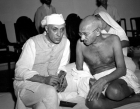
Podcast Series: The British Empire 1800-Present
Multipage ArticleClick to view -

Polychronicon 160: Interpreting 'The Birth of a Nation'
ArticleClick to view -

Podcast Series: Modern China
Multipage ArticleClick to view -

Podcast Series: Canadian Confederation
Multipage ArticleClick to view -

Podcast Series: Thomas Paine
Multipage ArticleClick to view -

Podcast Series: Russia and the USSR
Multipage ArticleClick to view -
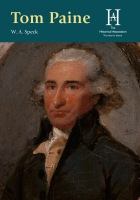
Thomas Paine
ArticleClick to view -

The Indian Mutiny - Pamphlet
ArticleClick to view -
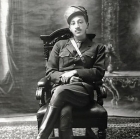
Afghanistan in the 1950s - Films
ArticleClick to view -

Combating a Cook-centric past through co-curricular learning
ArticleClick to view -
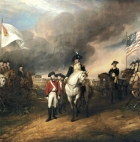
The effect of the loss of the American Colonies upon British Policy
ArticleClick to view -
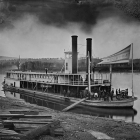
From Sail to Steam
ArticleClick to view -

Empires of Gold
ArticleClick to view -
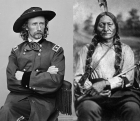
American West Depth Study Podcasts
ArticleClick to view -
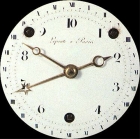
Time's arrows? Using a dartboard scaffold to understand historical action
ArticleClick to view -

Cunning Plan 143: enquiries about the British empire
ArticleClick to view -

Polychronicon 142: 'instructive reversals' - (re)interpreting the 1857 events in Northern India
ArticleClick to view -
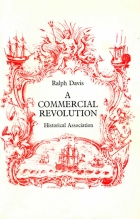
A Commercial Revolution
ArticleClick to view

